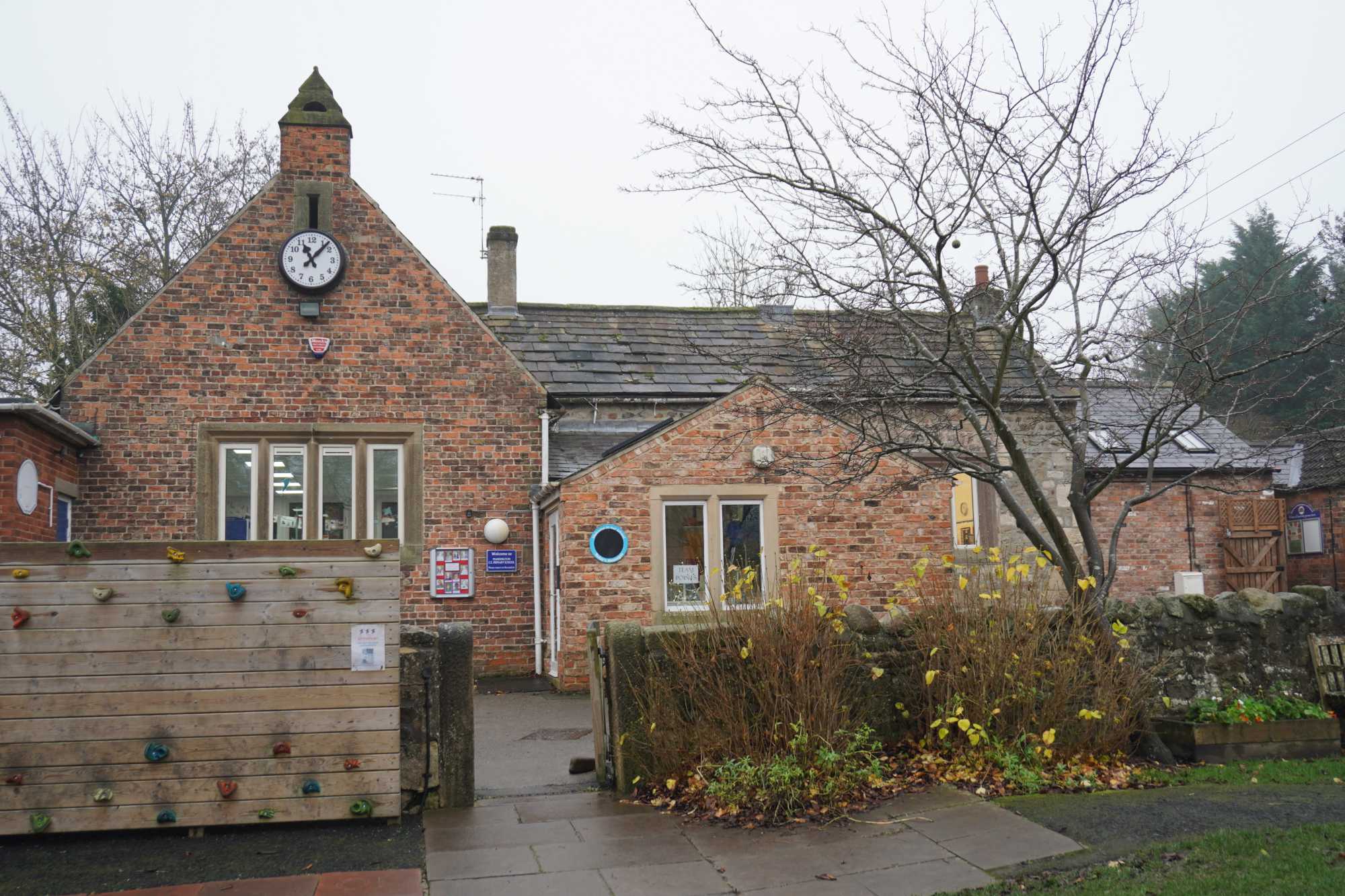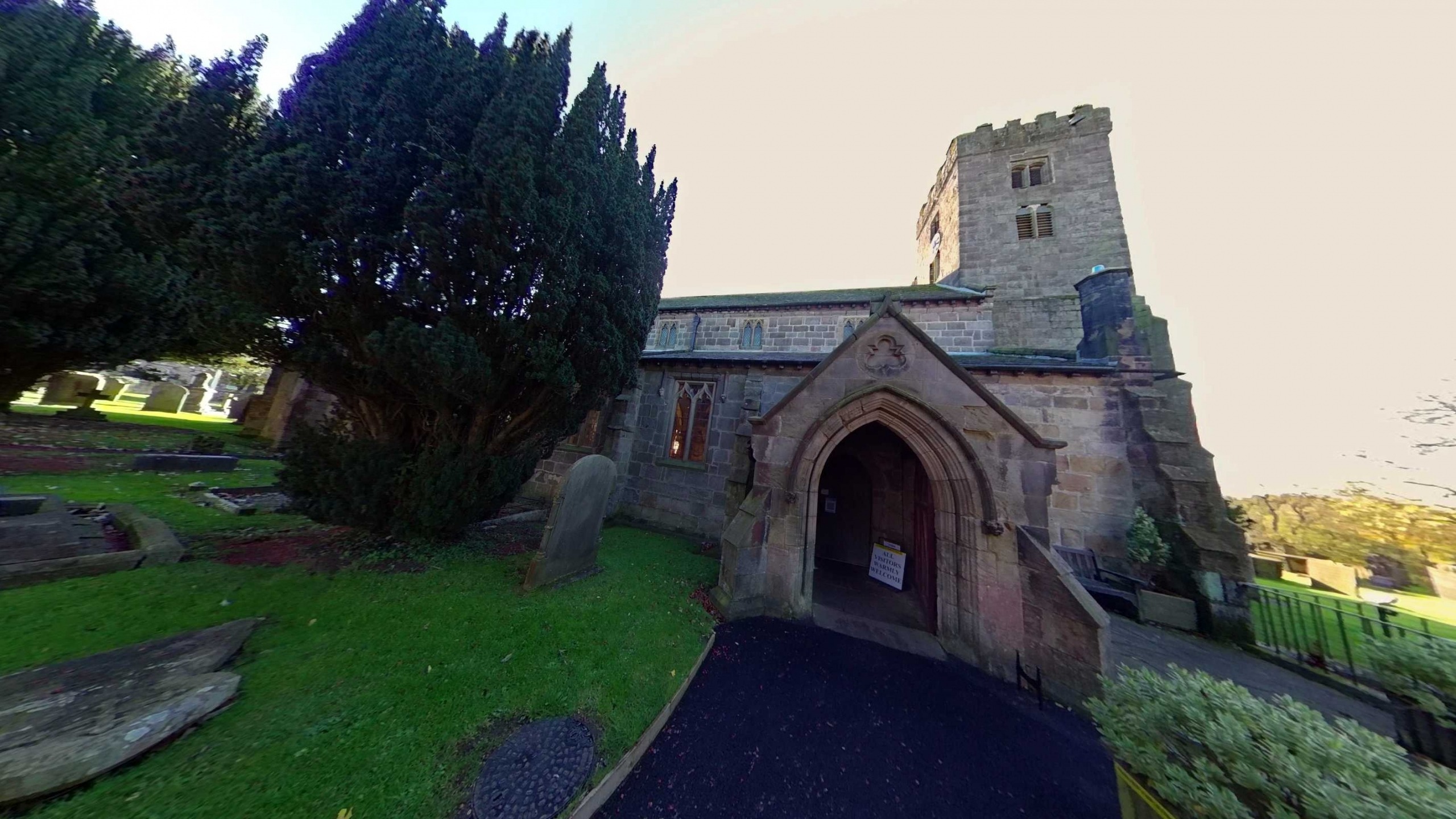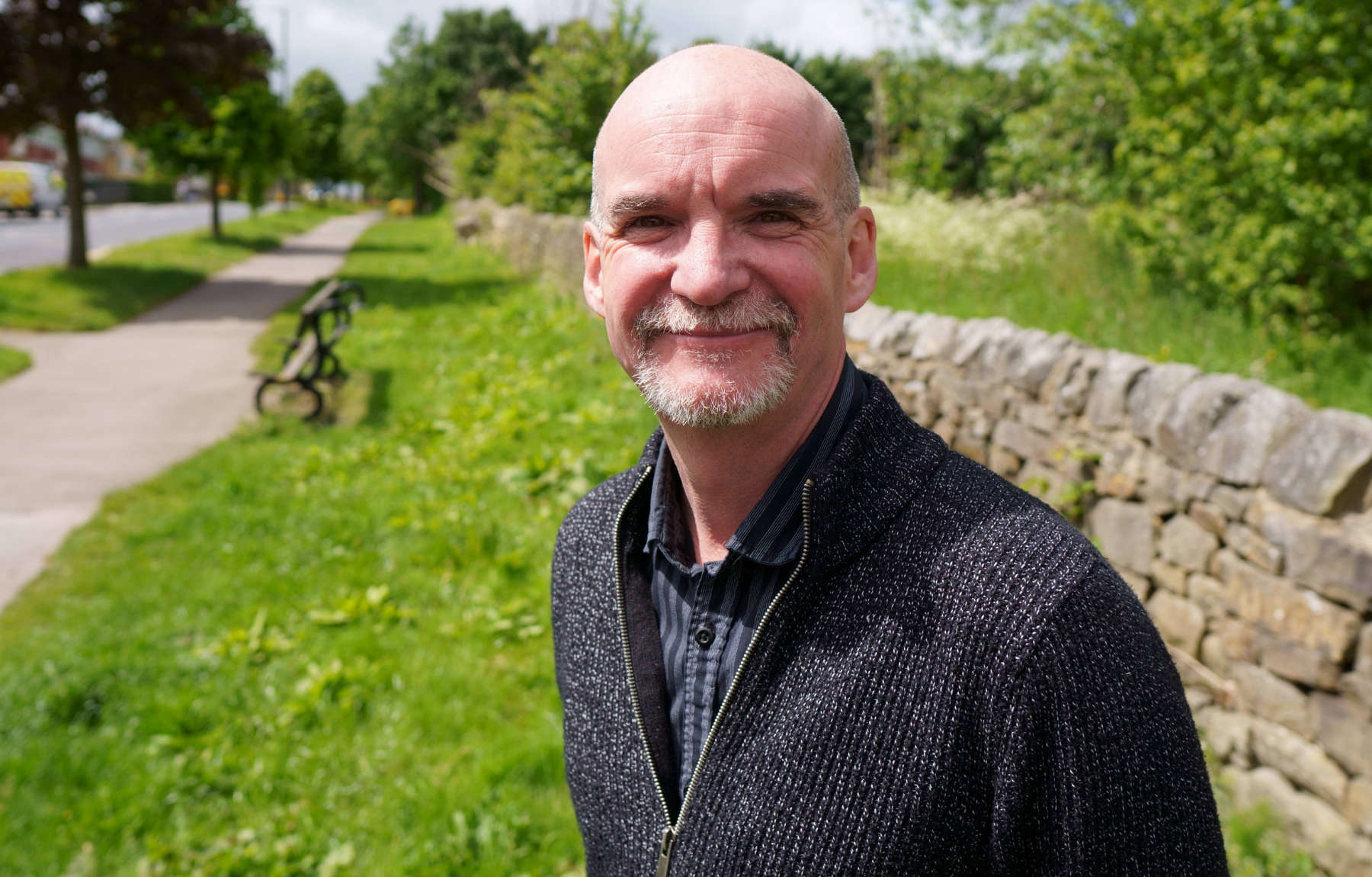The United Benefice of Bishop Thornton, Burnt Yates, Markington, Ripley, and South Stainley, in partnership with Markington CE Primary and Nursery School, has been awarded a grant of some £40,000 from the Rural Community Energy Fund (RCEF).
The RCEF is a £10 million programme which supports people in rural areas in England so they can develop renewable energy projects which provide economic and social benefits to their communities.
The United Benefice’s grant will fund a feasibility study into renewable heating technologies for use in the various church buildings, and the school.
Working with consultancy firm Locogen, various renewable options will be explored to discover which will provide the best economic and environmental solutions.
The Revd Paul Harford, vicar of the Benefice, said:
With our diversity of buildings and styles – from Medieval to Victorian in our churches, and even more modern in the school – and a variety of existing heating systems: gas, electric, and oil, it felt like we were well-placed to produce data that would be useful not only for us, but the many churches like us across our Diocese.
We’re really excited to be able to help drive forward an environmentally friendly future for the Church.

Jemima Parker, Environment Officer for the Diocese of Leeds, said:
This is a significant pilot feasibility study for our diocese and the wider church nationally.
With the Church of England committing to be carbon neutral by 2030, we need to move quickly to adopt low carbon solutions to heat and light our churches as we move away from oil and gas.
The project is timely as it will feed into the Zero Carbon Diocese strategy that is being developed.
If feasible technologies are identified, the partnership will be eligible to apply for Stage 2 funding, which offers grants of up to £100,000 for business development and planning of schemes.
Two public information days will be hosted by the Benefice at the beginning and end of study to help raise awareness of the project, and the various technologies being explored. Dates for these will be made public when the situation with COVID-19 restrictions allows.







